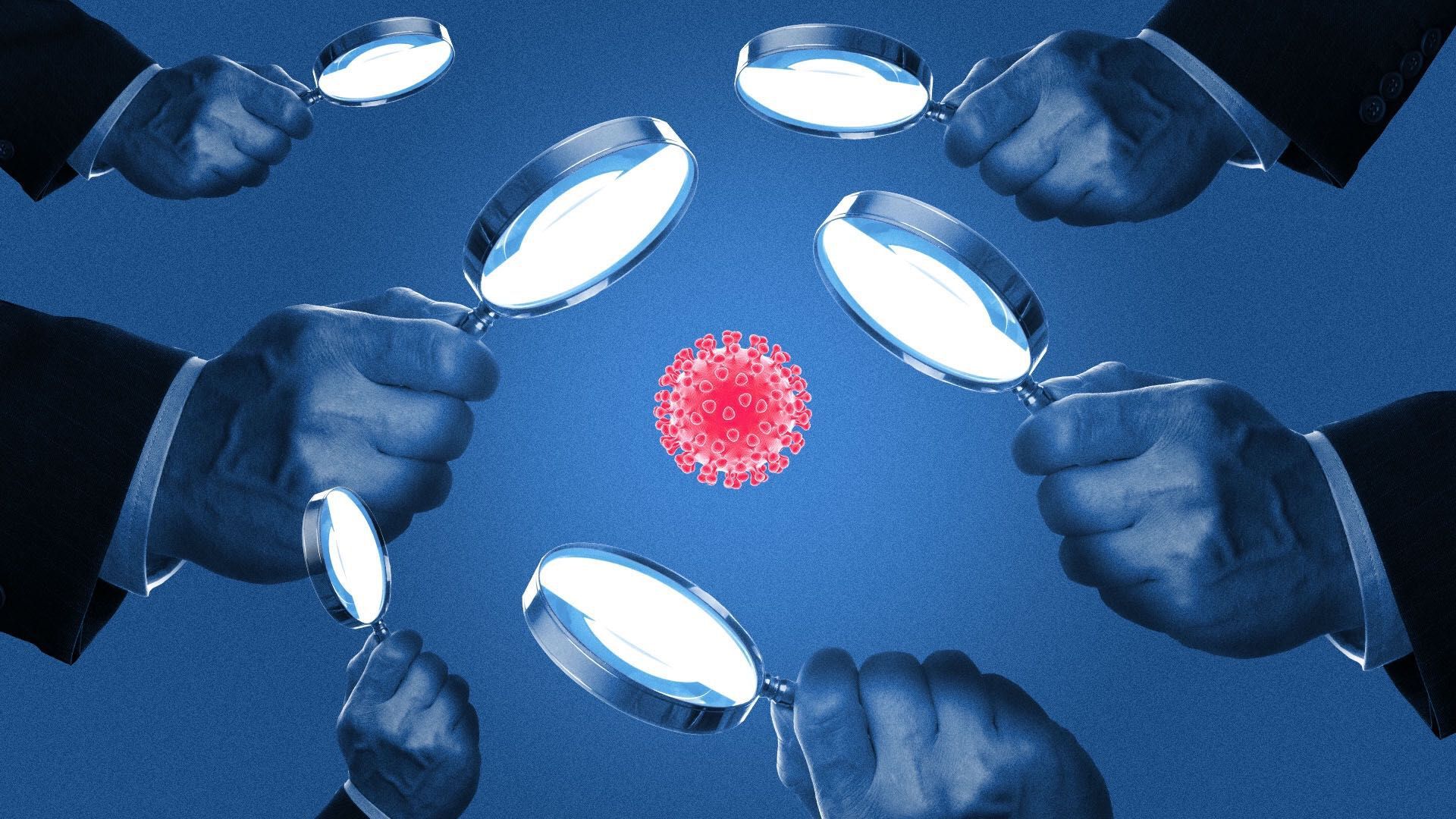Oct 30, 2020 - Health
The good and bad news about coronavirus antibody therapies
Add Axios as your preferred source to
see more of our stories on Google.

Illustration: Axios Visuals
Add Axios as your preferred source to
see more of our stories on Google.

Illustration: Axios Visuals